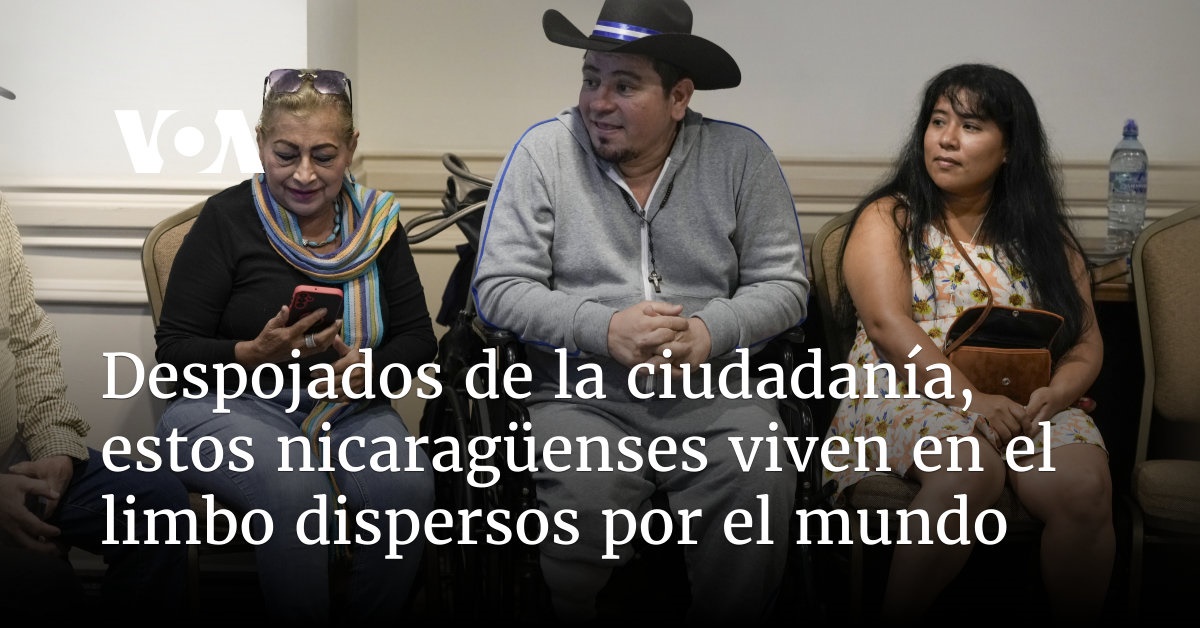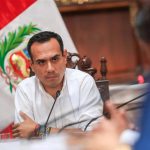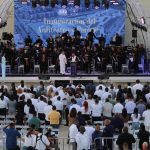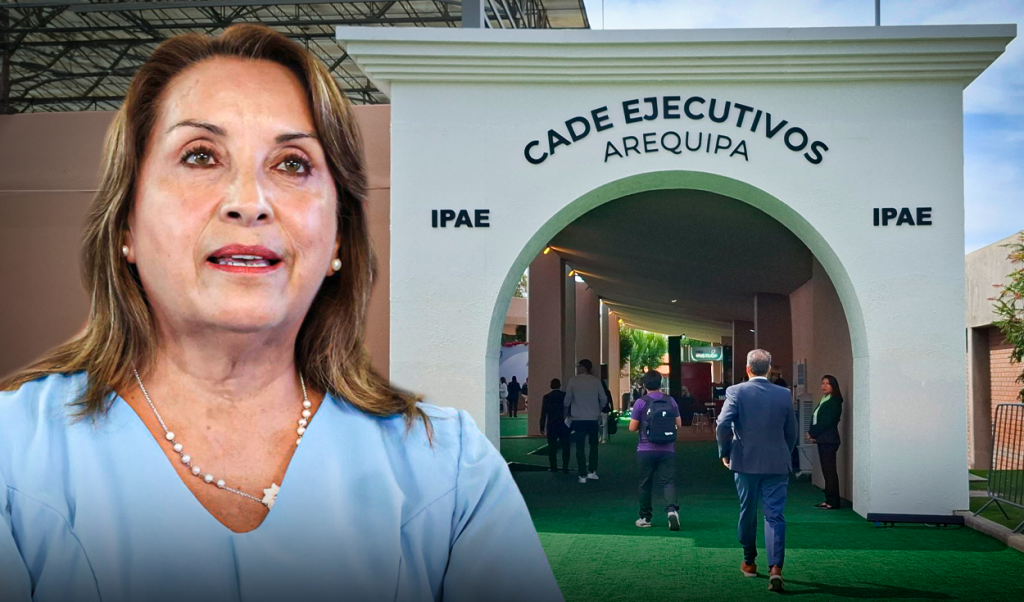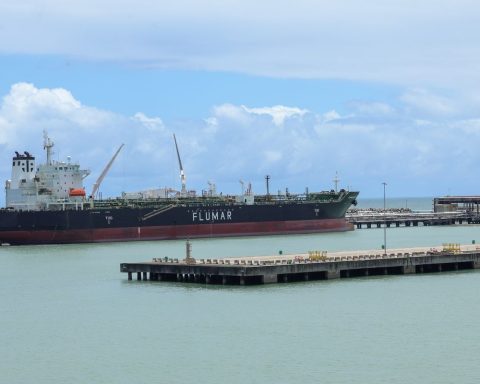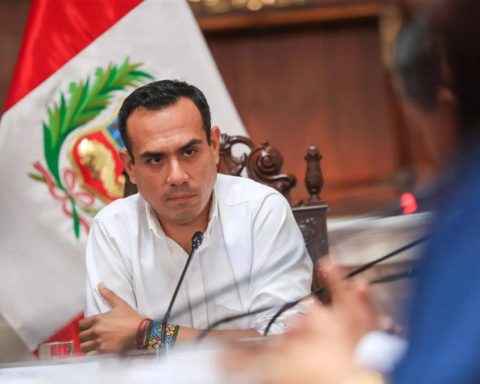Sergio Mena’s life fell apart in a matter of hours.
After years of resistance against President Daniel Ortega, the rural activist fled Nicaragua in 2018, joining thousands of protesters fleeing a Prolonged repression against dissent.
Mena returned from exile in neighboring Costa Rica in 2021 to continue protesting, only to be thrown into a prison where, he said, jailers hung prisoners by their feet and gave them electric shocks.
“They tortured us all the time, physically and psychologically, from the moment we arrived until the last day,” said Mena, 40.
Now in exile in Guatemala, Mena may be out of prison, but she is far from free. Upon release, he and hundreds of religious leaders, students, activists, dissidents and journalists were declared “stateless,” stripped of their citizenship, their homes and their government pensions.
The United Nations points out that they are part of the 4.4 million stateless people in the world who face difficulties finding employment, education, health care, opening bank accounts or even getting married, without valid identity documents.
“Statelessness is torture,” said Karina Ambartsoumian-Clough, executive director of United Stateless, a U.S.-based organization that advocates for stateless people. “You simply cease to exist legallyeven though you are here physically as a human being.”
Free, but not completely
In September, the Ortega government promoted Mena and another 134 prisoners on a flight that took them to Guatemala. They joined 317 others, considered adversaries by the government, whose legal Nicaraguan identities are no longer recognized.
The Associated Press interviewed more than 24 Nicaraguan exiles who had their citizenship stripped and who are trying to find a way forward. They are scattered throughout the United States, Guatemala, Costa Rica, Mexico and Spain, living in limbo while they try to recover from physical and psychological trauma, prolonging the torture that many suffered in Nicaragua.
Ortega’s government did not respond to AP’s request for comment.
The agony of statelessness
The majority of stateless people in the world are born to refugees and migrants in countries that do not offer birthright citizenship, that is, the right to become a citizen upon birth in a country’s territory.
Many Nicaraguans struggle to get enough money to feed themselves. Others are hiding out of fear that the Nicaraguan government will one day persecute them. Many more are dealing with watching their lives fall apart. For those stranded in the United States or seeking refuge there, President-elect Donald Trump’s promises to tighten immigration and asylum They add more uncertainty.
Intensified repression
Ortega’s government began stripping people of their citizenship early last year.
It was during that repression that Mena, a member of a rural activism movement, claimed he was imprisoned. The government accused him of participating in drug trafficking and organized crime, charges he denies.
In February 2023, the government violated international laws by beginning to send prisoners to the United States and, more recently, Guatemala. Other exiles were stripped of their citizenship without ever having been imprisoned.
A torment without borders
The Nicaraguan government has not explained why it released Mena and others from prison, although experts have speculated it was to fend off international criticism and cut costs while maintaining control over its enemies.
Mena lives in a hotel in Guatemala City, where he reviews photos of a ruined prison, food remains, and his bruised and beaten body; indelible memories of more than two years in prison. His life is marked by constant fear.
“The tentacles of the (Nicaraguan government) still reach here,” he said with tears in his eyes.
The Biden administration has offered Nicaraguans temporary protections, and Mena hopes the U.S. government will grant him asylum, although these protections will likely disappear or be severely restricted under Trump.
The Spanish government has offered to provide citizenship to some stateless exiles, but few have the resources to build a new life in Spain or are confused about the process.
The struggle of the stateless
Allan Bermúdez, 54, was a university professor in Nicaragua. He was imprisoned after being accused of conspiring against the government, as Ortega identified universities as hotbeds of anti-government protests.
In February 2023, it was one of the 222 prisoners put on a flight to the United States without knowing where they were taken. Although the U.S. government provided Bermúdez and others with temporary support — a few days in a hotel, a new phone, $400, and limited access to help from a group of NGOs — the aid quickly ran out.
Today, Bermudez, who holds multiple advanced degrees, works at a Dunkin’ Donuts around Salisbury, Maryland, fighting for more work hours.
He rents a small room, suffers from chronic heart problems and post-traumatic stress disorder, and has no access to medical care.
“I haven’t bought my medicine because if I do, I won’t have anything to eat,” she said.
Disrupted lives
In Nicaragua, Bermúdez’s mother suffered a stroke this year. He has struggled to send her money. With his daughter and wife also in Nicaragua, he lives tormented by anxiety and depression.
He requested asylum in February, after living in the United States under humanitarian permission granted by the Biden administration, but says he has not received a response. He has pinned all his hopes on building a life in the United States and doesn’t know what he will do if he is not granted asylum.
“I can’t leave, my hands are tied,” he said. “The only thing I can do is pray that God helps me.”
Uprooted lives
Like Bermúdez, hundreds of thousands have fled Nicaragua. Thousands of civil society organizations have been closed, and their assets confiscated, as the government seeks to silence any dissent.
Although many Nicaraguan exiles hope to one day return to their country, Moisés Hassan, 82, has lost hope while hiding in a village in the mountains of Costa Rica.
Hassan was once a guerrilla against the dictatorship of Anastasio Somoza and then, along with Ortega, a member of the junta that succeeded him. He built a family and a home with thousands of books, and planned to spend the rest of his days there.
He was elected mayor of the capital, Managua, but his life and hopes deteriorated when he began to criticize Ortega’s anti-democratic moves. He fled the country in 2021. During a trip to visit his daughter, he learned that the government was detaining critics and realized that they would come after him.
It was no surprise when his name appeared on a list of people stripped of their citizenship and property, and declared traitors.
“The message is… ‘Don’t think that just because you’re out of the country that you’re out of our reach,’” he said.
However, she noted that, with her pension confiscated along with her belongings, it has been a shock to rely on her children’s money.
He and his wife remain in their corner of Costa Rica, too scared even to go to the capital, where they fear Ortega’s agents may track them down.
“I feel like I’m under house arrest,” he said while holding up his worn and now useless Nicaraguan passport. “I am a prisoner in my own home.”
Connect with the Voice of America! Subscribe to our channelsYouTube, WhatsApp and to newsletter. Turn on notifications and follow us on Facebook, x and instagram!
